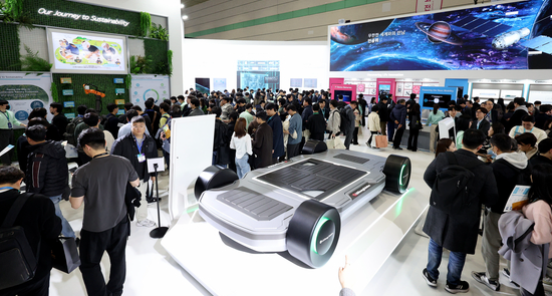
 >
>
>
>
2024.07.05
LG Energy Solution to market Tesla-like 'dry coating' technology by 2028

BY
SARAH CHEA, Korea JoongAng Daily - LG Energy Solution plans to market
dry-coating technology, considered by the auto industry to be a cost-cutting
game changer in the battery-making process, by 2028 in a desperate move to
combat fast-growing Chinese players.
The
technology, in which Tesla remains a pioneer, is a process that can replace the
energy-intensive wet process to make cathode and anode electrodes, the key
ingredient in EV batteries. The technology can cut energy consumption in
production by 30 percent and space by 50 percent.
Kim
estimated that the dry method can cut battery-manufacturing costs by between 17
percent to 30 percent, the report said.
Tesla
made a move for the technology in 2019 by acquiring dry-coating startup Maxwell
Technologies. The EV maker has implemented the technology to produce its “4680”
cylindrical batteries in Texas, but success has been limited.
Samsung
SDI is exerting efforts to develop the technology to be used in its new
46-series cylindrical batteries, which have a 46-millimeter (1.8-inch)
diameter.
Volkswagen
is also working on it through its subsidiary PowerCo.
LG
Energy Solution is losing its share in the global battery market to Chinese
firms like CATL and BYD, dropping to 12.6 percent this year from 14.6 percent
last year.
The
battery maker almost slipped into the red in the first quarter, with an
operating loss of 31.6 billion won ($22.9 million) staved off with tax credits
from the U.S. Inflation Reduction Act.
LG
Energy Solution CEO Kim Dong-myung on Thursday emphasized that it is "time
to control the speed of investment" in a letter to employees.
"We
have staked a claim in the market through aggressive investment and business
expansion, but it's the cold light of reality that profit is falling amid
sluggish EV demand," Kim said. "It's time to overhaul our product
portfolio and accelerate the move toward an organizational
transformation."
The
battery maker recently halted construction of its battery production line for
energy storage systems in Arizona seven months after breaking ground in
reaction to the stalling EV market.